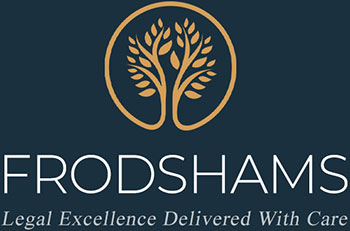The Stamp Duty Holiday – What is Next?
After one of the busiest years for the housing market in more than a decade, the stamp duty holiday came to an end on 30th September 2021. The stamp duty holiday was introduced by the Government with the aim of assisting homebuyers. It was put in place in the hope that it would boost the housing market that had slumped during the Covid-19 pandemic. As of 1 October 2021, stamp duty has now returned to pre-holiday rates starting at £125,000.
Whilst the future impact of the stamp duty holiday remains to be seen there can be no doubt that the holiday had the impact intended. Demand within the housing marked increased significantly, whilst at the same time, supply was at an all-time low. This resulted in a large rise in house prices as people rushed to buy before the stamp duty deadline.

Now that the holiday has come to an end people are concerned that we may see a drop in property prices due to reduced demand. However, in addition to the tax break introduced nearly eighteen months ago, there were other factors behind the housing market boom and so this may minimise the impact of the end to the stamp duty holiday and lead to a greater position of stability.
Factors include low mortgage rates; we are in a position currently with rates below 3% and whilst they may rise, they remain low in comparison to historical times. This is prompting more first-time buyers to step onto the property market. There are also more accessible mortgages for first time buyers and the end of the break could even be good news as a lot of buyers have been priced out of transactions because of the holiday. For example, data from Rightmove shows that whilst 1.3 million buyers benefitted from the relief and in turn this has resulted in a £16,000 rise in the asking price of a home since July 2020 across the country and increases of £8,400 in London. In some cases, the increase in house prices may have eaten into or entirely consumed the tax saving intended.
In other factors, people have increased equity in their property portfolio and therefore feel that they have more scope to move or are looking for more space prompted by the pandemic. People also have more disposable income and access to greater savings from the living restrictions. Hence all of these factors have led to competition for houses being double the rates pre-pandemic. These trends could help to protect from a dramatic fall post stamp duty holiday. Whilst whatever will happen remains uncertain there are positive signs that there will be a return to pre-pandemic levels and stability in the property market ahead.


